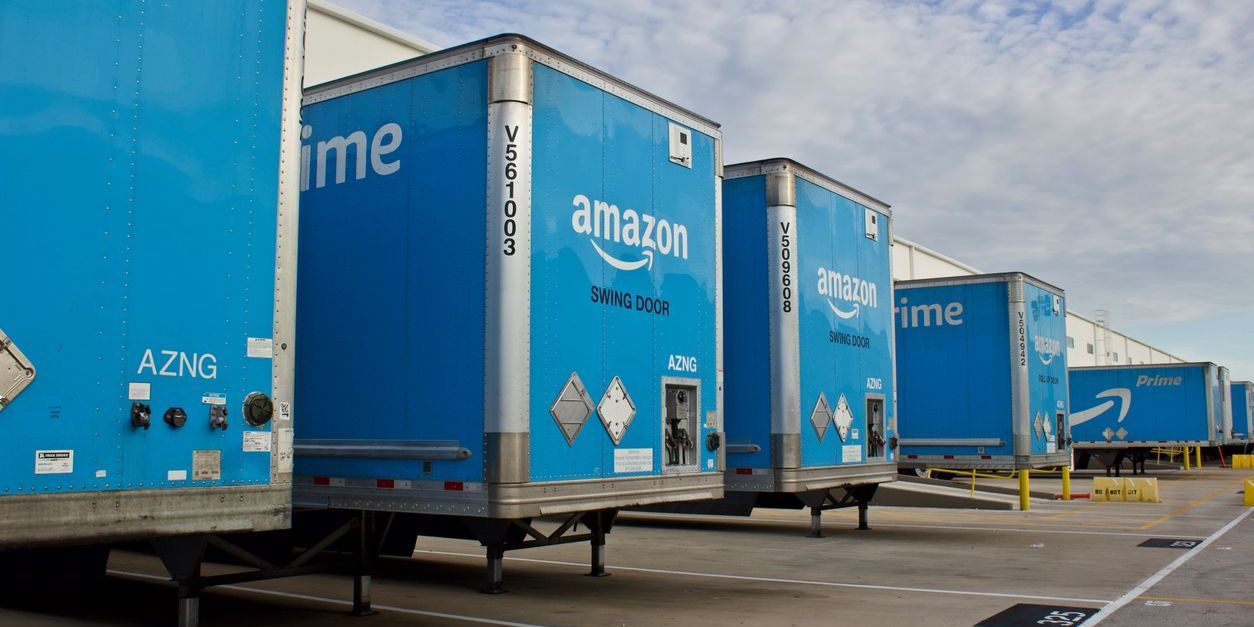What is an Amazon Seller?
An Amazon seller uses Amazon’s platform to run their own online store. Instead of creating a separate website, they list products directly on Amazon, which gives them access to millions of potential customers. This can involve selling handmade goods, private-label products, wholesale items, or even flipping discounted merchandise for a profit. It’s a way to start a business with relatively low overhead since you don’t need a physical storefront.
Running this kind of business means you’re in charge of everything—from choosing what to sell and finding suppliers to managing inventory, shipping orders, and handling customer service. Some sellers do this entirely on their own, while others use Amazon’s Fulfillment by Amazon (FBA) service to store, pack, and ship products. It can be a flexible and scalable way to make money, whether you’re looking for a side hustle or hoping to grow a full-time business.
What does an Amazon Seller do?

Duties and Responsibilities
The duties and responsibilities of an Amazon seller, when run as a personal business, involve managing all aspects of an online store on Amazon's platform. Some key responsibilities include:
- Product Research and Selection: Amazon sellers must identify profitable products to sell. This involves researching trends, evaluating competition, analyzing pricing, and estimating demand to find items that are likely to sell well.
- Listing Creation and Optimization: Sellers are responsible for creating detailed product listings, including titles, descriptions, images, and keywords. A well-optimized listing helps attract buyers and improve visibility in Amazon search results.
- Inventory Management: Keeping track of stock levels is essential. Sellers need to monitor inventory, restock products as needed, and avoid running out of items or overstocking.
- Order Fulfillment: Sellers must ensure that orders are packed and shipped promptly. Those using Fulfillment by Amazon (FBA) ship inventory to Amazon's warehouses, while others may handle packing and shipping themselves (Fulfillment by Merchant or FBM).
- Customer Service: Handling customer inquiries, returns, refunds, and reviews is part of maintaining a good reputation on Amazon. If using Fulfillment by Amazon (FBA), Amazon handles most aspects of returns and customer support on the seller's behalf, making the process easier and more streamlined.
- Business Administration: Amazon sellers manage finances, track expenses, set prices, and ensure compliance with tax and marketplace regulations. They may also analyze sales reports to adjust their strategies and grow the business.
Types of Amazon Sellers
There are several types of Amazon sellers, each with a different approach to running their business. Some of the most common include:
- Private Label Sellers: These sellers create and sell their own branded products. They usually find a manufacturer to produce the item, add custom branding, and list it under their own brand name on Amazon. This model offers more control over pricing and branding.
- Wholesale Sellers: Wholesale sellers purchase products in bulk directly from manufacturers or distributors and resell them on Amazon. They typically sell well-known brands and focus on volume and efficiency.
- Retail Arbitrage Sellers: These sellers buy discounted products from retail stores and resell them on Amazon at a higher price. It requires constant sourcing and quick turnaround but can be a low-cost way to get started.
- Online Arbitrage Sellers: Similar to retail arbitrage, online arbitrage sellers find discounted items from online retailers and resell them on Amazon. It offers more flexibility and can be done entirely from home.
- Dropshippers: Dropshipping sellers list products on Amazon without holding any inventory. When a customer places an order, the seller purchases the item from a supplier who ships it directly to the customer. This model has low startup costs but lower profit margins and stricter policies.
- Handmade Sellers: These sellers create and sell handcrafted items, such as jewelry, home décor, or art, through the Amazon Handmade program. It’s ideal for artisans looking to reach a larger audience.
- Booksellers: Some sellers focus on new or used books, sourcing them from thrift stores, publishers, or personal collections. Book selling can be a niche yet steady part of the Amazon marketplace.
Amazon sellers have distinct personalities. Think you might match up? Take the free career test to find out if amazon seller is one of your top career matches. Take the free test now Learn more about the career test
What is the workplace of an Amazon Seller like?
The workplace of an Amazon seller is usually flexible and often home-based. Many sellers start and run their business from a home office, garage, or small storage space. This setup allows them to manage listings, communicate with customers, track inventory, and handle business tasks like bookkeeping and marketing from their computer. For those using Fulfillment by Amazon (FBA), most of the physical work—like packing and shipping—is handled by Amazon, so the seller’s focus stays on managing the business side.
Sellers who don’t use FBA (also called Fulfillment by Merchant or FBM) often spend more time handling physical inventory. This might mean receiving shipments, storing products, packing orders, and making regular trips to the post office or shipping carrier. In these cases, the workplace might include shelves for inventory, packing stations, and equipment like label printers and scales. It can be a hands-on environment that grows as the business expands.
Regardless of whether they use FBA or FBM, Amazon sellers rely heavily on digital tools. They use Amazon’s Seller Central dashboard to manage orders, run promotions, track performance, and communicate with customers. The work requires being organized, self-motivated, and able to juggle multiple tasks—especially during busy sales seasons. Overall, the workplace is what the seller makes of it, whether it's a side business run from a laptop or a full-scale operation with warehouse space and a small team.
Amazon Sellers are also known as:
Amazon Business Owner
FBA Seller
FBM Seller